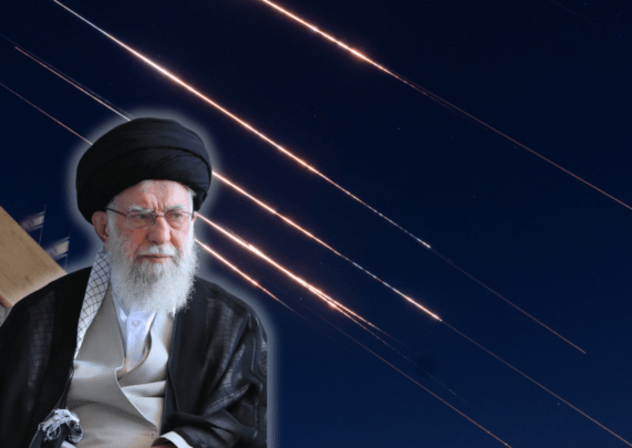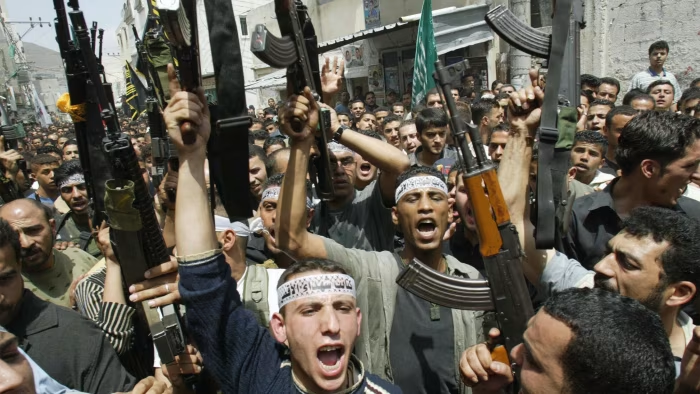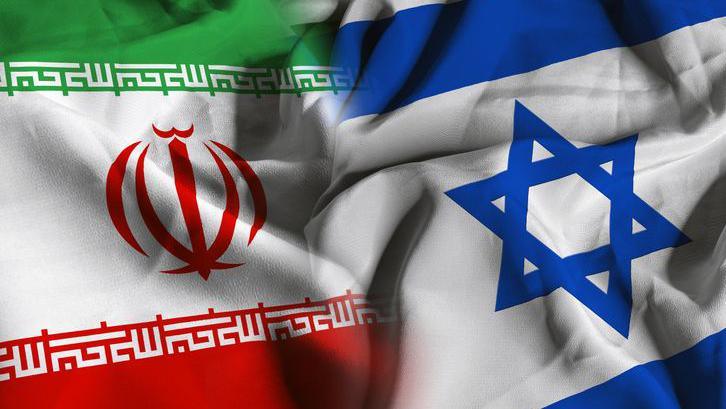KANANASKIS, CANADA - The G7 summit just wrapped up, but all anyone can talk about is what didn't happen and President Trump's dramatic exit. While world leaders pleaded for calm amidst escalating tensions in the Middle East, stopping just short of demanding a full ceasefire between Israel and Iran, Trump was already packing his bags.
The official line? "Big stuff" back in Washington, according to the President himself. His press secretary hinted at the Middle East situation, but details remain scarce. The timing, however, is anything but coincidental.
Just hours before his departure, Trump sent shockwaves through social media with a cryptic tweet urging Iranians to "immediately evacuate Tehran." The internet exploded with speculation: Is this a prelude to a US military intervention alongside Israel? American officials have denied such plans, but the rumors persist.
Adding fuel to the fire, the G7's joint statement, urging de-escalation and a ceasefire in Gaza, was signed by Trump moments before he bolted. The move left many wondering if the President's sudden departure signals a deeper rift within the G7 over how to handle the volatile situation. Is Trump going rogue?
The G7 leaders' call for a broader de-escalation in the Middle East acknowledges the complex web of tensions in the region, but the absence of a direct call for an Israel-Iran ceasefire speaks volumes. It's a delicate balancing act, with the potential for catastrophic consequences.
What does Trump's mysterious "big stuff" entail? Is it related to the escalating conflict? And what does it all mean for the already precarious peace in the Middle East? Stay tuned. This story is developing...


